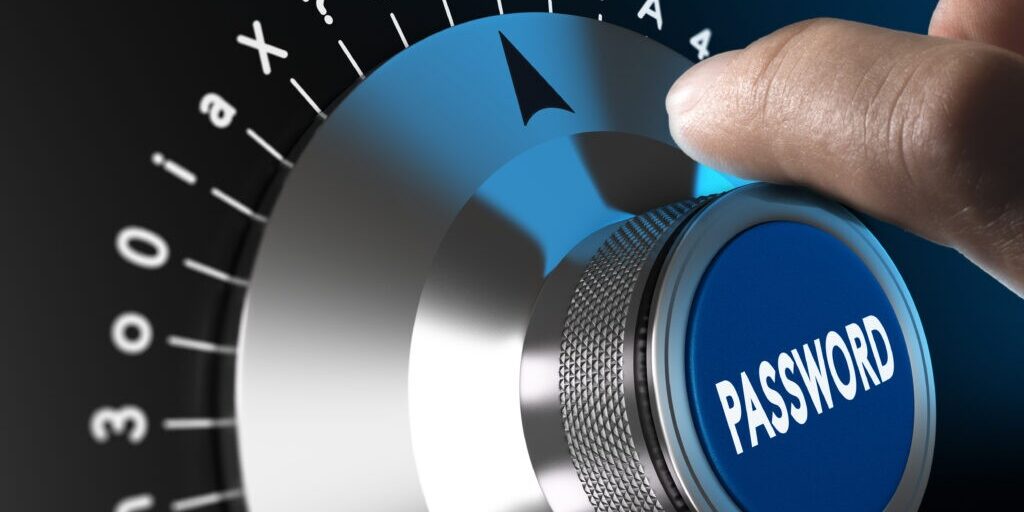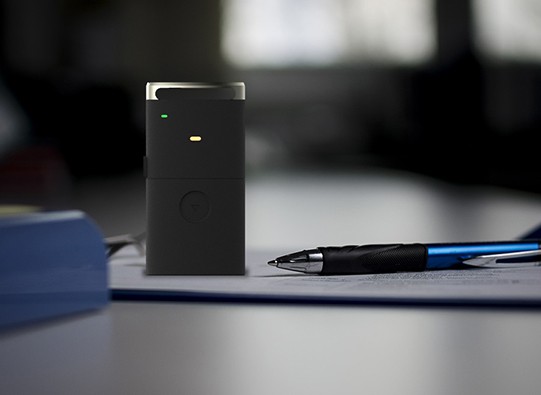
Password Hygiene Explained
Passwords are like the keys to your personal and professional kingdoms. However, in a world rife with cyber threats, using a “123456” or “password” simply won’t do. This brings us to the concept of ‘Password Hygiene,’ an essential practice that everyone—from individual users to IT managers—needs to understand and implement. This article breaks down what password hygiene entails and why it’s crucial for maintaining a secure environment.
What is Password Hygiene?
Password hygiene refers to the set of best practices for creating, managing, and maintaining secure passwords. The aim is to minimize the risk of unauthorized access to your systems, be it your email, social media, or sensitive databases at your workplace.
The Components of Good Password Hygiene
Complexity
A strong password includes a mix of upper-case letters, lower-case letters, numbers, and special characters. Complexity increases the password’s entropy, making it harder for attackers to crack.
Length
The longer, the better. A strong password should be at least 12 characters long. According to a study by Carnegie Mellon University, the time it takes to crack a password increases exponentially with its length.
Unpredictability
Avoid using easily guessable information like your name, birthdate, or the word “password.” The more unpredictable a password is, the harder it is to crack.
Uniqueness
Each account should have a distinct password. Reusing passwords across multiple sites significantly increases the risk of a security breach.
The Importance of Password Hygiene
Cybersecurity
According to a report by Verizon, 81% of hacking-related breaches leveraged either stolen or weak passwords. Good password hygiene is often your first line of defense against cyber threats.
Identity Protection
Proper password practices protect not just your accounts but also the sensitive data within them. This could range from personal photos to financial or healthcare records.
Regulatory Compliance
For businesses, particularly those dealing with sensitive or regulated data, password hygiene isn’t just best practice—it’s often a legal requirement. Regulations like GDPR and HIPAA mandate strong password policies.
Tips for Maintaining Good Password Hygiene
Use a Password Manager
Remembering a plethora of strong, unique passwords can be challenging. A password manager stores and encrypts your passwords, requiring you to remember only one strong master password.
Enable Multi-Factor Authentication (MFA)
MFA adds an extra layer of security by requiring two or more forms of verification before granting access, usually something you know (password) and something you have (mobile device).
Regularly Update Passwords
While a strong password is durable, it’s still good practice to change passwords every few months. However, frequent changes could lead to weaker passwords, so balance is key.
Be Wary of Public Computers and Networks
Never access sensitive accounts on public computers or unsecured WiFi networks. If you must, change the password immediately after use.
Conclusion
Password hygiene is an essential element of cybersecurity that is often overlooked in the quest for more complex security solutions. While firewall and encryption technologies are crucial, they can’t fully protect you if your passwords are weak or compromised. By incorporating these simple yet effective guidelines, both individuals and organizations can dramatically enhance their security posture. Remember, in the digital world, a strong password is not just a key but also a guard, and maintaining its strength is crucial for keeping cyber threats at bay.
See GateKeeper Enterprise advanced MFA in action.
Take a self-guided tour of how you can evolve from passwords. Then you're really saving time with automation.




